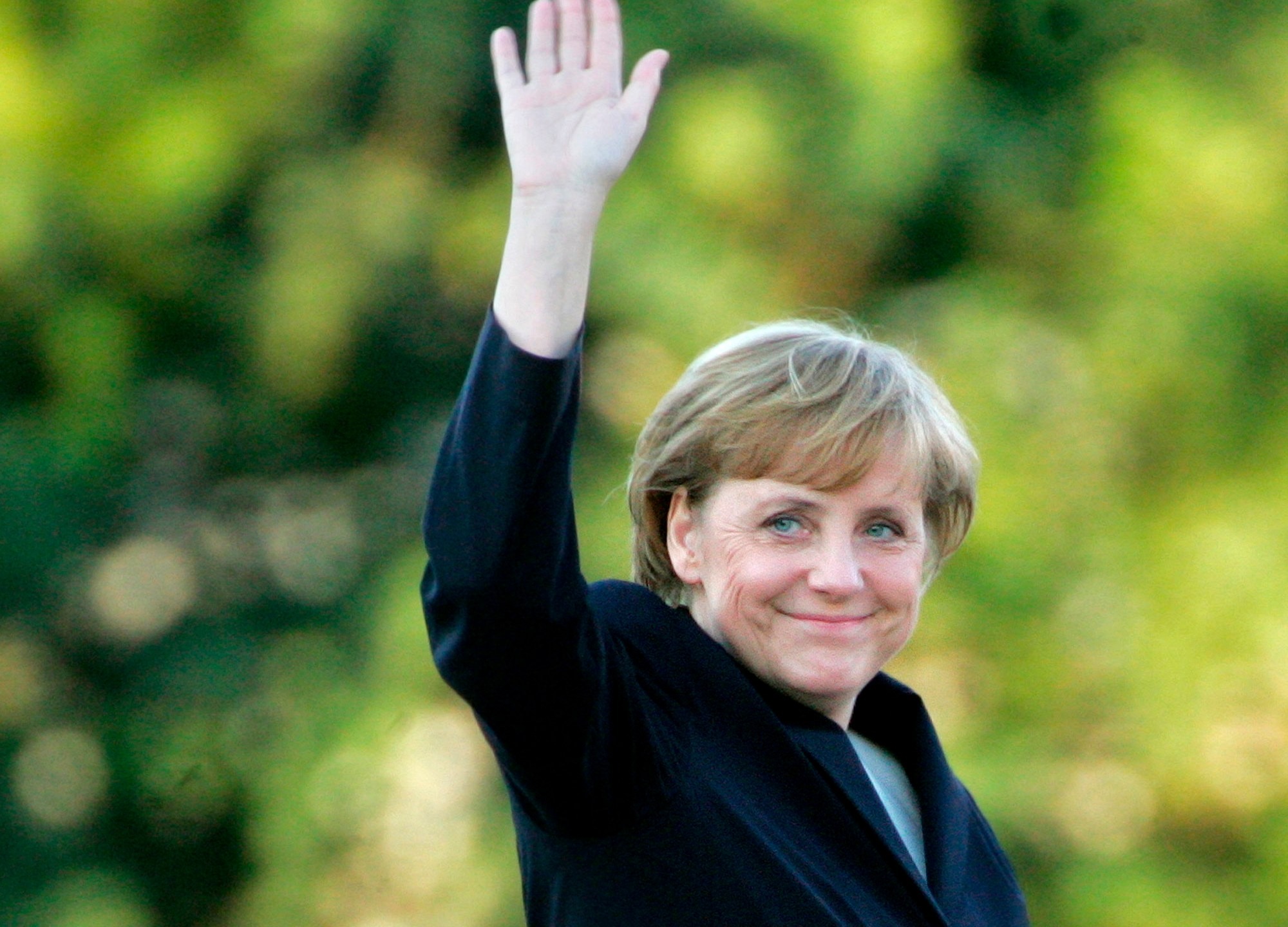The political stage of the 21st century has been shaped by leaders whose decisions and actions have altered the course of nations and impacted millions of lives. These individuals have commanded respect, stirred debate, and influenced policies far beyond their borders.
Their leadership styles, ideologies, and achievements remain a subject of study and admiration. Each has played a unique role in redefining governance and diplomacy in this era.

1. Vladimir Putin: The Power Broker of Russia
Vladimir Putin’s grip on Russian politics has been enduring and transformative. Rising from the KGB ranks, he assumed the presidency at the turn of the millennium and has maintained control through various capacities ever since.
His rule has been marked by the restoration of Russia’s global presence and assertive foreign policy. Putin’s influence extends beyond his country’s borders, affecting international relations in Europe, Asia, and beyond. His governance approach mixes nationalism with pragmatic statecraft, often stirring controversy yet commanding loyalty from a portion of the Russian populace.
2. Angela Merkel: The Steadfast Leader of Germany
Angela Merkel’s tenure as Germany’s chancellor for nearly sixteen years defined an era of stability in European politics. Her calm and pragmatic leadership style earned her recognition as a steady hand during multiple crises including the global financial meltdown and the European debt crisis.
Merkel’s policies emphasised economic growth, social stability, and European unity. Despite criticisms from various political spectrums, she was respected for her ability to balance domestic interests with the broader concerns of the European Union. Her legacy remains as a symbol of resilience and reasoned governance.
3. Barack Obama: The American Trailblazer
Barack Obama became a symbol of hope and change when he assumed the presidency of the United States. As the first African American to hold the office, his rise marked a historic moment. Obama’s leadership combined charisma with a commitment to reform, in healthcare with the Affordable Care Act.
His foreign policy was characterised by efforts to rebuild diplomatic relations and focus on multilateral cooperation. Although his presidency faced intense opposition, he left a lasting impact on the United States’ social and political environment, inspiring many across the globe.
4. Xi Jinping: The Architect of Modern China
Since taking office, Xi Jinping has steered China towards a path of assertive international presence and ambitious domestic reform. Under his leadership, the nation has expanded its economic and military influence while promoting initiatives such as the Belt and Road project.
Xi’s consolidation of power within the Communist Party marked a departure from previous leadership models, allowing for greater control and direction. His vision focuses on national rejuvenation and a prominent role for China on the global stage. The policies implemented under Xi have been closely watched and debated by governments worldwide.
5. Nelson Mandela: The Symbol of Reconciliation
Though much of Nelson Mandela’s political journey began in the 20th century, his influence remained profound well into the 21st century until his death in 2013. Mandela’s legacy of fighting apartheid and promoting reconciliation set a precedent for leadership based on forgiveness and unity. His presidency was a turning point for South Africa, moving the country from segregation to democracy.
Mandela’s moral authority and commitment to peace resonated internationally, making him a revered figure long after his active political career ended. His principles continue to inspire leaders and citizens alike.
Each of these figures has demonstrated distinct qualities in leadership. Their decisions and policies have affected millions and altered international dynamics. The styles they exhibited ranged from resolute authoritarianism to inspiring democracy and reconciliation.
They challenged existing structures, sometimes facing opposition, yet their legacies continue to shape discussions on governance, diplomacy, and human rights. The 21st century remains marked by their contributions, reminding us that leadership holds the power to influence the fate of nations.









Leave a Reply